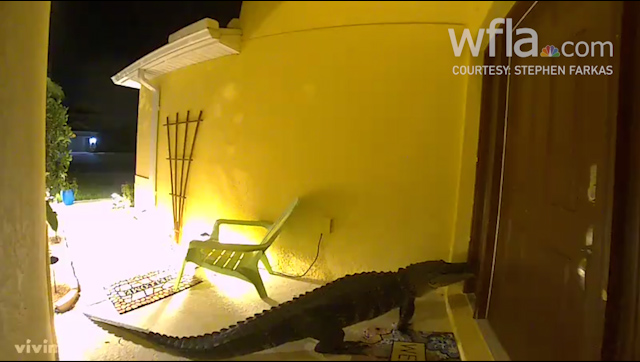Scammers are hard at work in the Tampa Bay area. Several victims have come forward after losing thousands of dollars in a software scam.
“The stupidity of the whole thing is what you live with. How in the hell did I let them get in my breakfast?”
Victim James Peeples told 8 On Your side that he is frustrated, embarrassed, and out $3,000.
“I got a telephone call saying that my computer had a virus in it, and they represented Microsoft,” Peeples said.
The scammers lured him into giving his personal information and remote access to his computer.
“If we put this program on my computer, which is called remote viewer, they could come onto my computer and correct all of these things. One thing led to another and pretty soon, well we need code numbers to correct the problems with your computer. So they asked me to go to purchase some iTunes cards.”
The scammers talked him into buying $1,500 in gift cards.
“That’s I guess the most embarrassing amount of what happened. I let them talk me into doing something like that. Because Microsoft would never do anything like that. In fact, nobody would ever do anything like that. That’s where the con is,” Peeples said.
They also used got into his Paypal account through his computer and made online purchases.
Peeples said it has been devastating.
“We’re retired now and it’s not like I can dip into funds we don’t have.”
“There are scammers out there every minute of every day,” Polk County Sheriff Grady Judd said.
Detectives are currently investigating three cases.
“Never, ever, ever give anyone remote access to your computer because then they have remote access to your bank account, to your credit card, all of your information,” he said.
Experts say if you receive a phone call from someone representing to be with Microsoft or another computer company claiming you have a virus, it is most likely a scam.
If you get this call, hang up.
Remember:
- Never give a caller remote access to your computer
- Legitimate companies will never ask you to pay them using gift cards
- Never call the number in a virus alert “pop-up” on your computer
Detectives say a majority of these scammers live in other countries and are almost impossible to prosecute.
For more information click here for tips from the FBI Internet Crime Complaints department.
James hopes sharing his story will warn others.
“I don’t want anybody else to get caught up in this type of situation,” he said.

